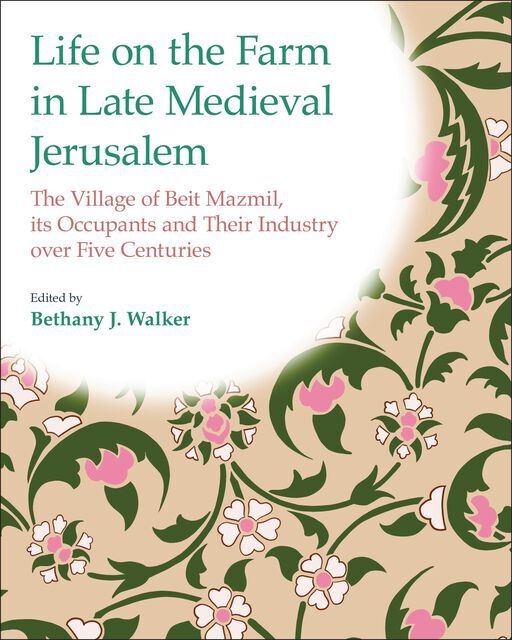Walker/Life on the Farm, 4. Remnants of a “Feudal” Past: The Mamluk Estate

Full description
The Mamluks were a Muslim dynasty of emancipated military slaves that controlled much of the eastern Mediterranean from their capital in Cairo in the 13th to early 16th centuries. For the first century of their rule, their priority in Egypt and Syria was security of the pilgrimage route and defense from internal and external threats. In Bilād al- Shām this meant the investment in travel infrastructure; development of the pigeon post; pacifying rebels (particularly Bedouin); and expanding its network of castles and garrisons. After signing a peace treaty with the Il Khānid Mongols in 1323, which secured the eastern border, the Mamluk sultans shifted much of their attention to domestic concerns: lavish building projects and the arts; the provision of public services through endowments (awqāf ); and the construction of roads, water systems, and caravanserais.
- typeImage
- created on
- file formatjpg
- file size65 KB
- container titleLife on the Farm in Late Medieval Jerusalem: The Village of Beit Mazmil, Its Occupants and Their Industry over Five Centuries
- creatorBenjamin J. Dolinka et al.
- isbn9781800505551 (eBook)
- publisherEquinox Publishing Ltd.
- publisher placeSheffield, United Kingdom
- rights holderEquinox Publishing Ltd.
- series titleMonographs in Islamic Archaeology
- doi
We use cookies to analyze our traffic. Please decide if you are willing to accept cookies from our website. You can change this setting anytime in Privacy Settings.
